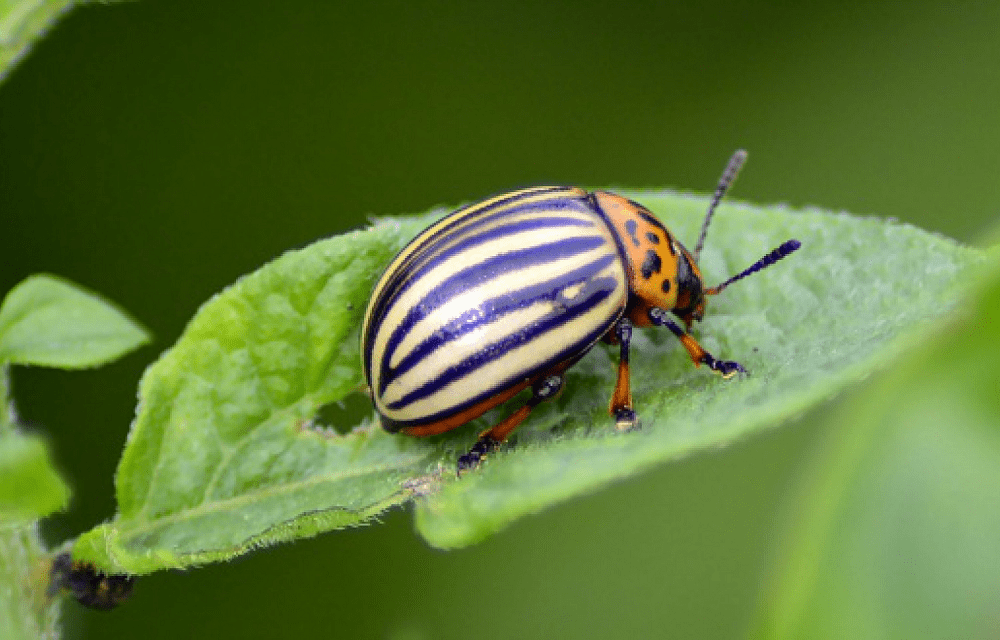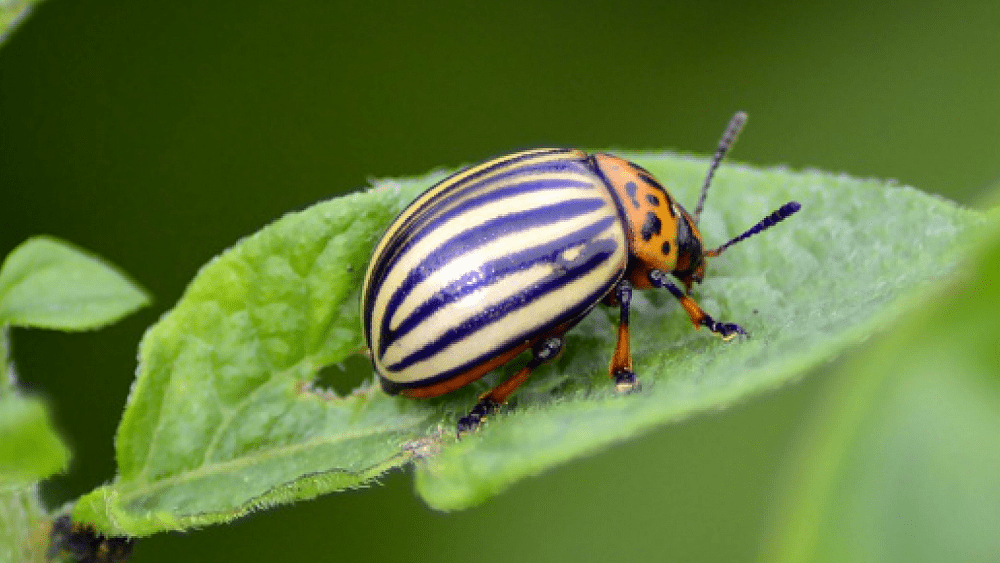The overall health of your perennial flower garden can drastically affect its need for pest control. A practical and effective approach to pest control involves a process known as integrated pest management, or IPM. The IPM process is multifaceted and much broader than simply applying pesticides when problem insects or diseases are present.
One of the main components of IPM is plant selection; specifically, choosing plants with natural pest resistance. However, plants should also be selected based on the environment in which they will grow. This can involve many things including a sunny site or shady, wet or dry sites, and acid or alkaline soils. Environmental recommendations are often given in the “performance” section on the plant description tags. Placing a plant in an improper site will result in poor plant growth, which often invites pest problems down the road.
A second part of IPM is good cultural practices, including properly preparing the planting site, placing the plant correctly, and maintaining the plant with practices involving irrigation, fertilization, mulching, sanitation, and division or separation of overgrown plants.

Proper mulching and sanitation yield many benefits. Organic mulches applied regularly to the soil promote the growth of beneficial soil organisms, regulate soil temperature, conserve soil moisture, and reduce competition by weeds. Regularly removing dead or dying plant material and cleaning up the garden in fall and spring will greatly reduce the number of insects and diseases that are present and have likely overwintered in the landscape. When these activities are carried out, the perennial flower garden will rarely need treatment with pesticides.
When pest problems do arise, the issue can often be resolved through either non-chemical means or the use of chemicals and/or biological control agents that are very specific to the targeted pest and less likely to interfere with the natural ecology of the perennial garden.
The idea of IPM in the garden is not new or complicated. In its simplest form, it really comes down to trying everything possible before reaching for a chemical. That’s an idea that’s not only good for the environment but also good for the wallet.
— Kelly Jackson, Christian County Extension Agent






